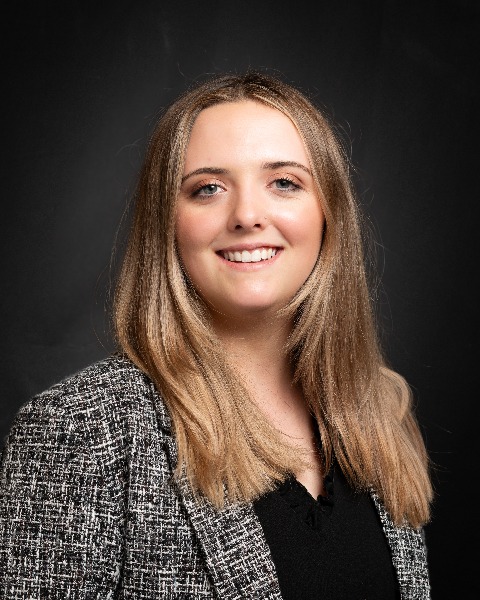Poster Presentation
Leadership, Mentoring, and Training the Next Workforce
Wednesday Poster Power Hour
WED-023 - Training Tomorrow's Health Educators: Enhancing Interdisciplinary Field Work through Collaborative Global Learning
Wednesday, April 16, 2025
12:30 PM - 1:30 PM PST
Location: Pacific I/II, 2nd Floor
Area of Responsibility: Area III: Implementation
Subcompetencies: 3.2.1 Create an environment conducive to learning., 3.2.5 Employ an appropriate variety of instructional methodologies. Employ an appropriate variety of instructional methodologies.
Subcompetencies: 3.2.1 Create an environment conducive to learning., 3.2.5 Employ an appropriate variety of instructional methodologies. Employ an appropriate variety of instructional methodologies.

Alyssa K. Robb (she/her/hers)
Community Health Worker
MedNorth Health Center
Wilmington, North Carolina, United States
Poster Presenter(s)
Learning Objectives:
At the end of this session, participants will be able to:
- Evaluate elements of an orientation program designed to enhance student engagement and effectiveness in collaborative fieldwork.
- Assess how interprofessional training impacts student preparedness for fieldwork and comfort working with an intercultural team
- Discuss how collaborative global learning experiences can enhance students' capacity for conducting needs assessments in diverse cultural settings.
Detailed abstract description: High-impact practices, such as global learning and collaborative projects, empower students to apply classroom knowledge in real-world contexts, effectively preparing them for our interconnected global society. Since 2018, undergraduate community development and social work students at a university in Uganda have engaged in fieldwork alongside public health students from the United States. This interprofessional approach enables students to assess community needs through diverse disciplinary lenses and foster collaboration across fields. An assessment of the program identified key recommendations including the need to provide training prior to the start of fieldwork. In response, faculty from both institutions collaborated to design a comprehensive 4-day intensive orientation.
Participants will learn the benefits and challenges of to co-developing and facilitating an interprofessional intensive orientation for US and Uganda students. And hear evaluation results, highlighting the impact on training student health educators for effective interdisciplinary work in global settings. The main objective of this evaluation was to assess students’ knowledge and perceived readiness to conduct fieldwork after participating in a co-created, multi-day intensive orientation workshop.
All students completing their fieldwork during the summer of 2024 participated in a 4-day intensive workshop. The workshop addressed topics such as windshield tours, gaining entrée, understanding what a needs assessment is, developing interview guides for different members of the community depending on the purpose, qualitative data analysis basics, and how to interpret and report qualitative findings. The evaluation used a pre-test-posttest design.
Perceived preparedness to complete fieldwork, including knowledge of key fieldwork terms, was measured before the training, immediately after the training, and upon completion of field work. Data was collected electronically via Qualtrics surveys, accessed by students on their mobile devices using a QR code. Descriptive statistics will be presented for demographic, knowledge, and perception variables. Inferential statistics will be used to assess workshop effectiveness.
This training aimed to enhance student health educators' effectiveness in interprofessional and global settings by improving their knowledge and perceived preparedness. We anticipate significant increases in both areas, as evidenced by post-test and follow-up assessments. We expect high scores for teamwork following the orientation, with even greater improvements after completion of the fieldwork. Findings will help identify limitations and provide actionable recommendations for refining the workshop. By equipping health educators with the necessary skills and confidence, we can better prepare them for success in collaborative, international environments
